Lessons learned while covering Southeast Michigan’s nonprofits
Looking back over the stories the series has captured during the past year, here are three valuable takeaways about how nonprofits are serving their communities, moving forward.
Serving as the editor of Issue Media Group’s Nonprofit Journal Project over the last 10 months, I’ve developed a deeper appreciation of the vital role 501c3 organizations play in our communities.
For many years, nonprofit programming has enriched my own family’s lives through arts and education, health services, faith communities, and more. I’ve been involved with grassroots organizations as a patron, a parent of participants, a volunteer, and a board member. But, it wasn’t until I spent this dedicated time, listening to nonprofit leaders who are daily navigating the COVID-19 pandemic, that I began to see the enormous scope in which people are caring for their communities.
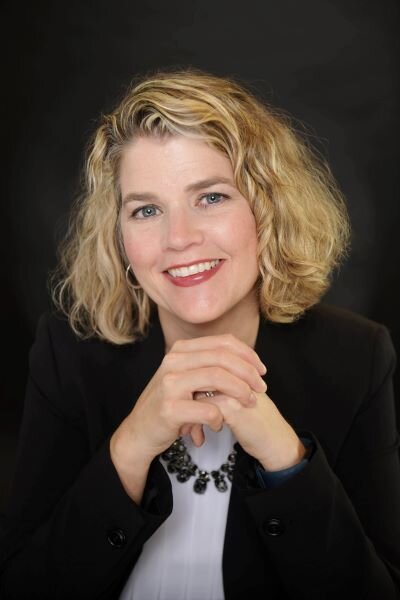
As Kelley Kuhn, the new president and CEO of the Michigan Nonprofit Association said in a recent interview with IMG, “All over the state, nonprofits create access to what isn’t otherwise accessible for people.”
This series, which launched two years ago under the direction of prior editor Nina Ignaczak, has raised the experiences, innovative ideas, passionate commitments, and very real concerns of nonprofit leaders in our region. Since last summer, we’ve witnessed nonprofits stretching again and again, to widen their circle of care, even taking in neighboring organizations who’ve lost building space, or the ability to reach their community in the pandemic. We’ve seen them increase their efforts to provide residents food security, healthcare, and affordable housing, as well as no-interest loans to Black entrepreneurs establishing livelihoods within their city.
Organizations that serve vulnerable populations have tightened their support around grandparents raising grandchildren, individuals with developmental disabilities, human trafficking survivors, people battling addiction, experiencing homelessness, seeking asylum, and more. We’ve heard from nonprofits who are stepping out of societal norms to experiment and reimagine governance, with a goal to increase equity and sustainability in the sector.
Looking back over the stories the series has captured during the past year, here are three valuable takeaways about how nonprofits are serving their communities, moving forward.
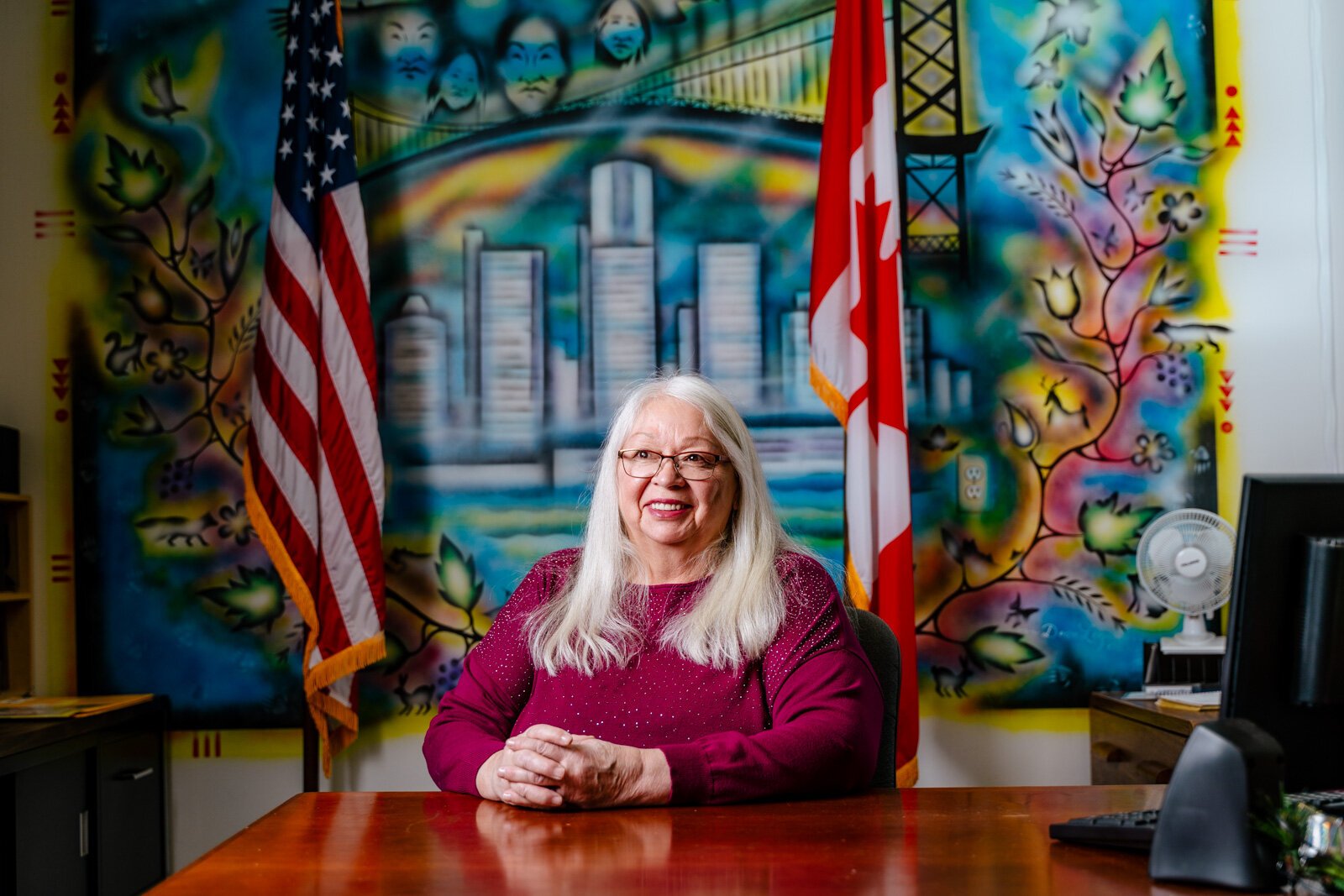
1. Making friends with technology has helped nonprofits expand their networks and reach wider audiences.
When the pandemic shuttered doors in 2020, organizations scrambled to find ways to connect with their communities. Most went through a huge learning curve themselves, and with volunteers and those they serve, in order to shift their programming online. Investments had to be made in technology equipment and training. Silver lining? The ability to reach audiences and networks beyond a geographical footprint.
Arts and culture organizations like the Arab American National Museum, the Anton Art Center, and The Art Experience found they could share their programming and exhibits more broadly, engaging national, and international audiences, for the first time. When patrons began returning in person, Living Arts Detroit, the Ann Arbor YMCA and others, learned that by keeping some digital programming options available they could remove transportation barriers for participants, or concerns around COVID-19 safety.
Going virtual has empowered an organization like South Eastern Michigan Indians, Inc. (SEMII) to be able to work in collaboration with Native communities across the state, to address shared issues of concern, and bring a range of ideas to the table to help mediate challenges.
When it comes to finding new pathways to work amid the pandemic, Euphemia Franklin, executive director of SEMII, says, “We have to change and be like the water. If rocks are thrown into the water, it knows how to flow around them and keep moving.”
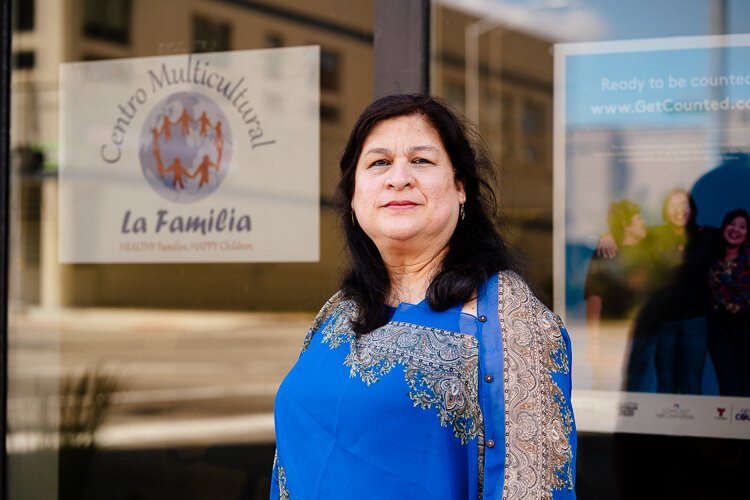
2. Mental health for both patrons and staff is on the minds of organizational leaders.
Throughout these interviews, leaders have often said that, as a society, we haven’t really begun to deal with the trauma these last two years have brought forward.
Dr. Sonia Acosta, president and CEO of Centro Multicultural La Familia has been troubled by how isolation, health concerns, and stress have caused high levels of anxiety and depression in her community. These challenges are exacerbated among immigrants who, during COVID-19 especially, she says, have less people they can rely on. Her organization has responded by increasing its provision of culturally-sensitive mental health services to children, adults, adolescents, and families, and by providing free mental health care to those without insurance.
Acosta is not alone in centering the importance of her community’s mental and emotional well being. Nonprofits like Detroit Heals Detroit, Single Family Living and Cody Rouge Community Action Alliance have also taken steps to provide their communities with increased support in this area.
At Nonprofit Enterprise at Work (NEW), CEO and president Yodit Mesfin Johnson and her staff have been taking measures to “institutionalize rest” through extensive flexible time-off policies and organizational shut-downs. NEW centers racial justice and equity in its efforts to help other nonprofits thrive in their mission-driven work. Caring for staff mental health here includes creating space for deep contemplation around inequities and also, opportunities.
Across the region, many other nonprofits are working to prioritize the health of their staff by creating hybrid schedules, flexible time-off, and increased support services.
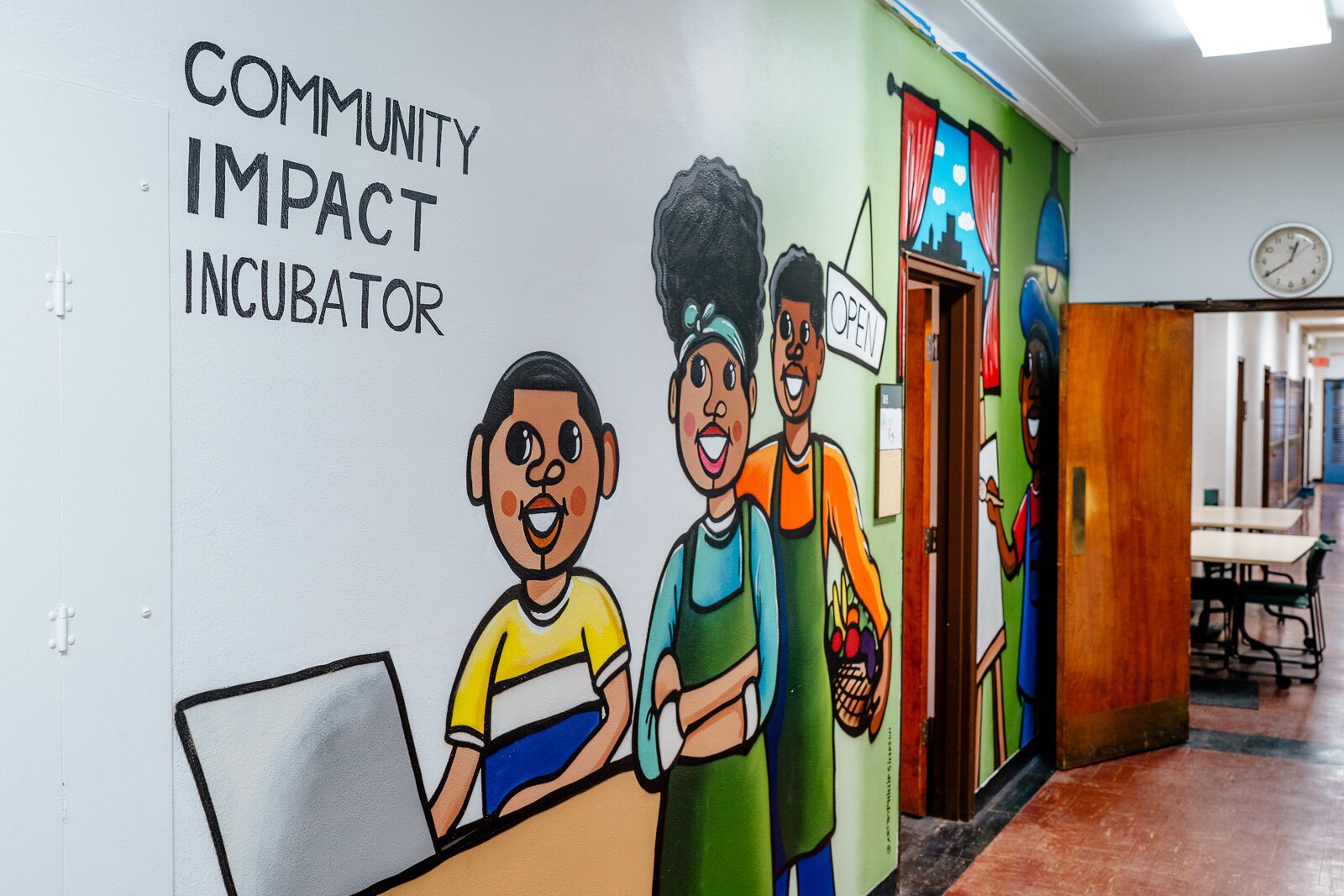
3. Through partnerships, cohorts, and collaborations, there is strength in numbers.
Whether it’s been spurred by funding or capacity challenges, staff shortages, or the need for increased organizational support, nonprofits are finding opportunities to lean into one another.
In Detroit, five youth-orientated organizations joined a Community Impact Incubator, a 12-month personal and professional leadership development initiative, founded in partnership between Strategic Community Resources and the Marygrove Conservancy. The goal was to strengthen and uplift Black nonprofit leaders in the city serving high-needs youth populations with few resources, helping them scale to provide their services to more students and families.
Not far away, in a former vacant school building, the Durfee Innovation Society (DIS) is a hub of nonprofits and small businesses serving the community together. Life Remodeled provides affordable space and support for its tenants, organizations like Friends of the Children-Detroit. DIS boasts a range of programming for all ages, youth to seniors. During COVID-19, its Safe Center for Online Learning provided students in the neighborhood with daily tutoring and safe activities.
In Pontiac, E-Community Outreach Services (empowering parents with resources) and Center For Success (building youth literacy) joined forces on a year-long Parenting and Literacy Program. The collaboration was supported by a capacity-building grant from the Pontiac Funders Collaborative because of how it strengthens both organizations’ missions individually, and helps them expand their reach to new communities.
“It’s powerful for students and parents to be learning together,” says Andrea Meyer, executive director of CFS, “as it instills a “lifelong learning mentality. I’m just really excited about how we’ll continue to work together.”
From capacity-building to programming, nonprofits are realizing that funding streams are following collaborative efforts like these, and, that by taking risks and stepping out of their silos, they can continue to support their communities in robust and innovative ways.
Read the full list of stories captured in the Nonprofit Journal Project here.
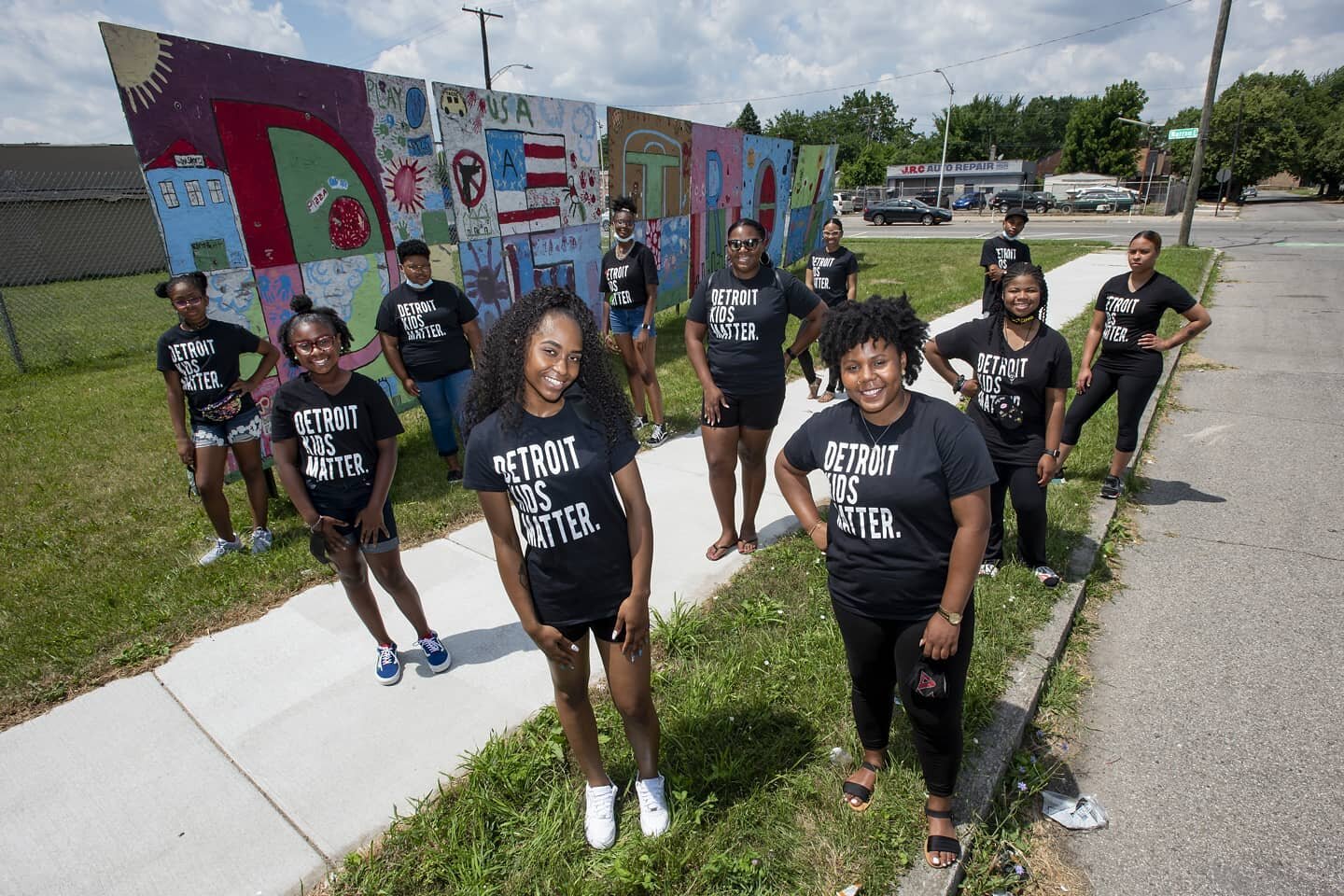
This entry is part of our Nonprofit Journal Project, an initiative inviting nonprofit leaders across Metro Detroit to contribute their thoughts via journal entries on how COVID-19, a heightened awareness of racial injustice and inequality, issues of climate change, and more are affecting their work–and how they are responding. This series is made possible with the generous support of our partners, the Michigan Nonprofit Association and Co.act Detroit.





